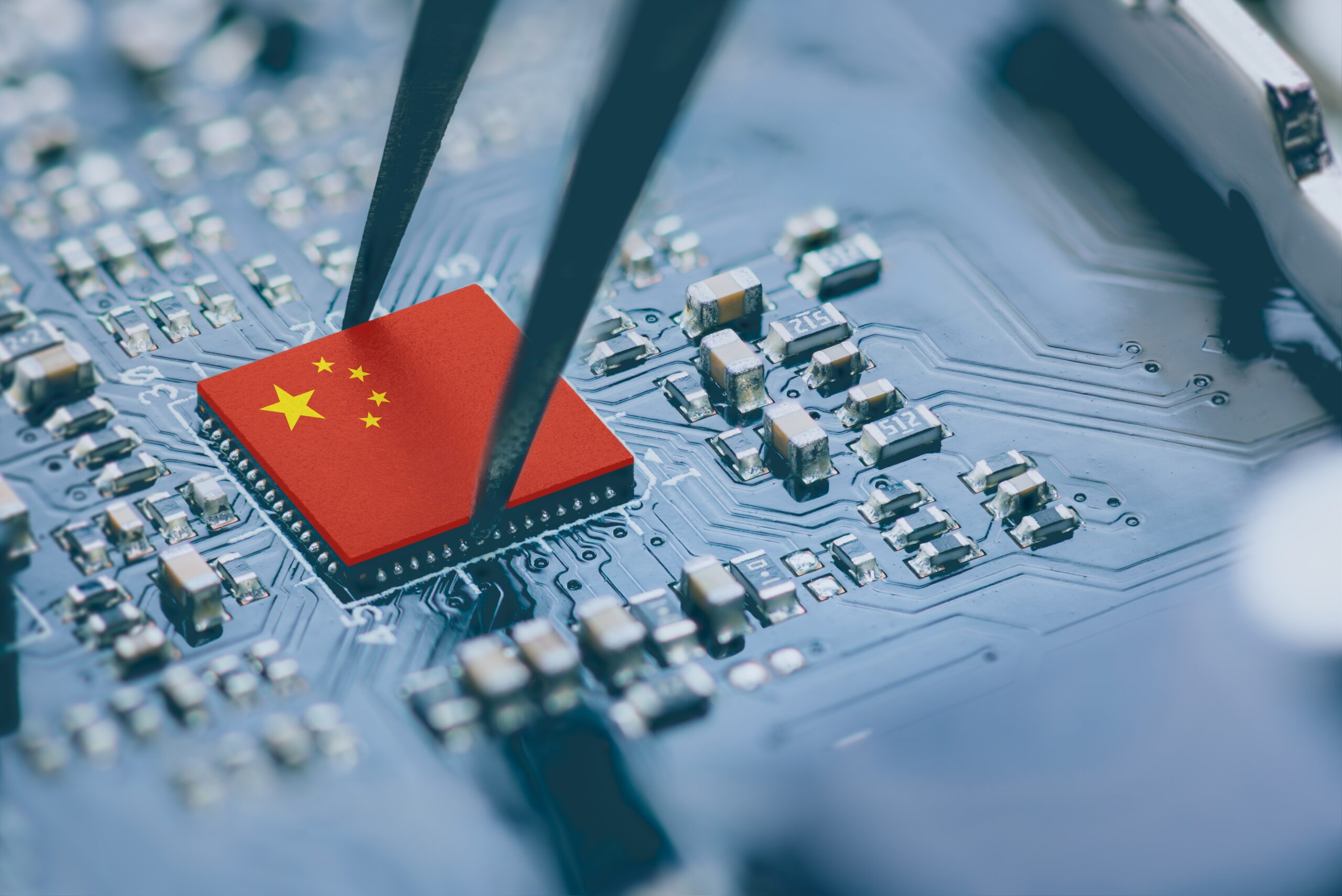China is making a monumental investment in its semiconductor industry by establishing a new state investment fund worth $47.5 billion. This move comes as the US intensifies restrictions on the export of American chips and technology to China, aiming to hinder Beijing’s technological advancements.
A Strategic Push for Technological Superiority
China’s ambitious Made in China 2025 roadmap aims to position the country as a leader in artificial intelligence (AI), 5G wireless, and quantum computing industries. The latest investment fund, the third phase of the China Integrated Circuit Industry Investment Fund, reflects this vision. Established in Beijing and known as the “Big Fund,” it signifies a robust effort to boost the country’s semiconductor capabilities.
“The ‘Big Fund’ is a critical component of our strategy to enhance China’s technological prowess,” said a Ministry of Industry and Information Technology spokesperson.
Historical Context and Investment Details
The first phase of the fund, launched in 2014, amounted to $19.2 billion, while the second phase, initiated five years later, was valued at $28.2 billion. This new phase, supported by six central state-owned banks, including ICBC and China Construction Bank, focuses on bringing China’s semiconductor industry up to international standards by 2030. Investments will target chip manufacturing, design, equipment, and materials.
Challenges and Corruption Scandals
Despite the significant financial commitment, the “Big Fund” has faced substantial challenges, including corruption scandals. In 2022, China’s anti-graft watchdog investigated top figures in state-owned chip companies, leading to the indictment of Lu Jun, former chief executive of Sino IC Capital, on bribery charges.
“Corruption scandals have posed serious setbacks, but they will not deter China’s mission to achieve tech self-reliance,” commented an industry analyst.
International Tensions and Strategic Moves
The US has imposed stringent export controls, preventing Chinese companies from purchasing advanced chips and equipment without a license. In response, Beijing has implemented export controls on critical raw materials for chipmaking. The latest fund is a defensive measure and part of a broader strategy to secure a leading position in global technology.
During a meeting with Dutch Prime Minister Mark Rutte, Chinese leader Xi Jinping stated, “No force can stop China’s scientific and technological development.” This declaration underscores China’s determination to overcome external pressures and continue its technological ascent.
Huawei’s Breakthrough and Future Prospects
Last year, Huawei introduced a new smartphone powered by a 7-nanometer processor made by China’s Semiconductor Manufacturing International Corporation (SMIC), surprising industry experts given the US restrictions on foreign technology.
“The launch of Huawei’s new smartphone demonstrates China’s potential to innovate despite external constraints,” said a market observer.
China’s $47.5 billion investment in its semiconductor industry marks a significant step towards technological self-reliance. Despite challenges such as corruption scandals and international restrictions, China remains committed to becoming a global tech leader. Xi Jinping asserted that the country’s scientific and technological development is unstoppable.





















